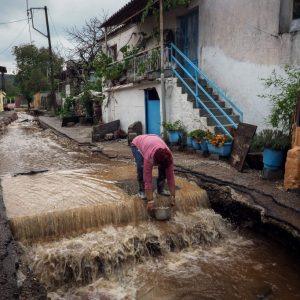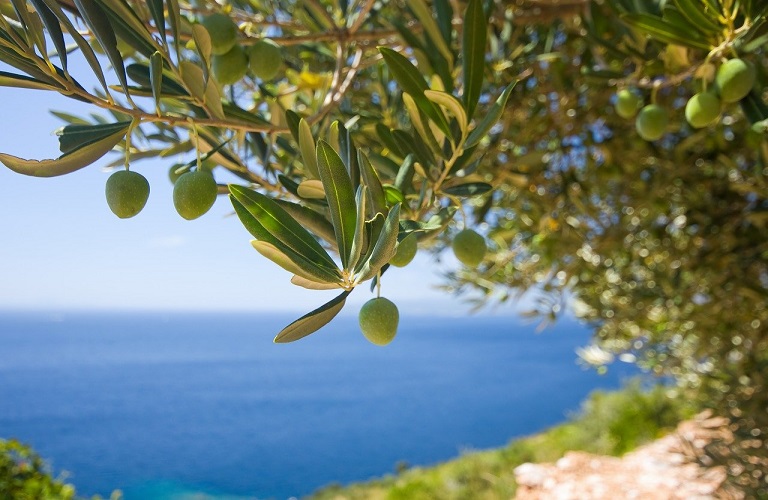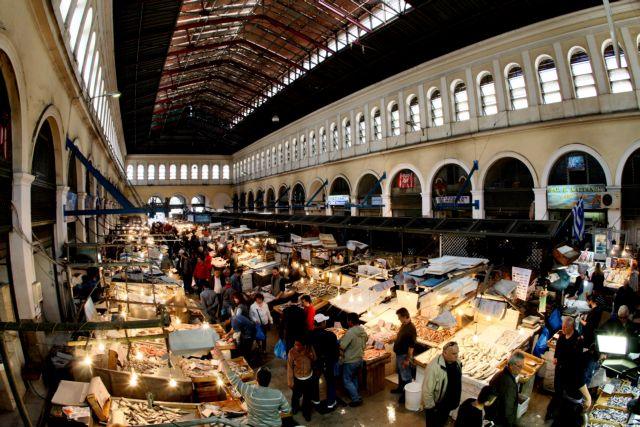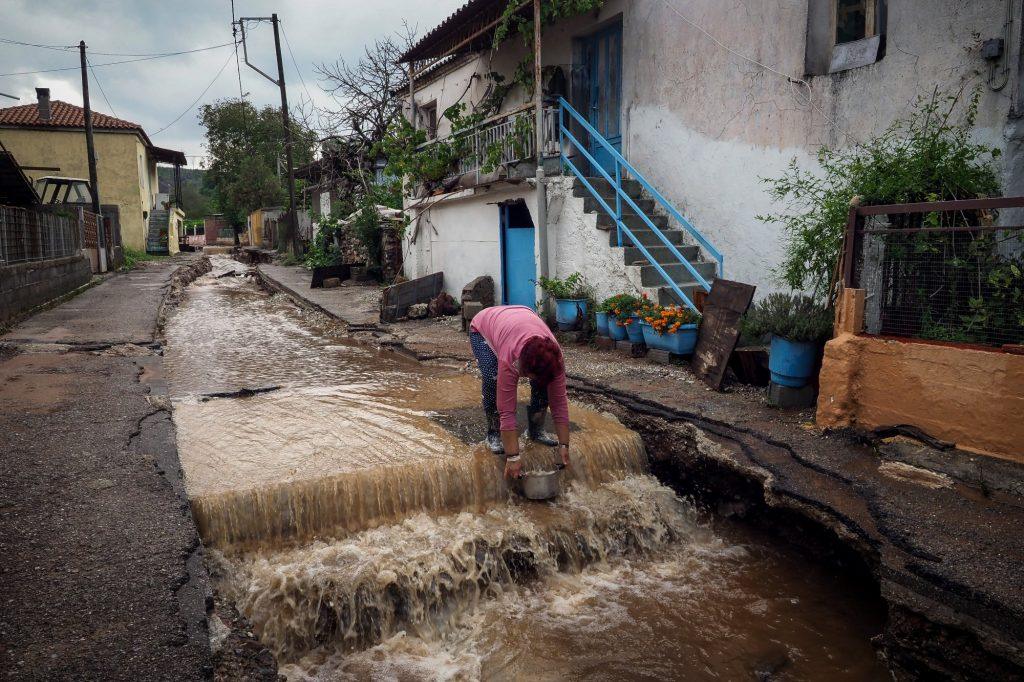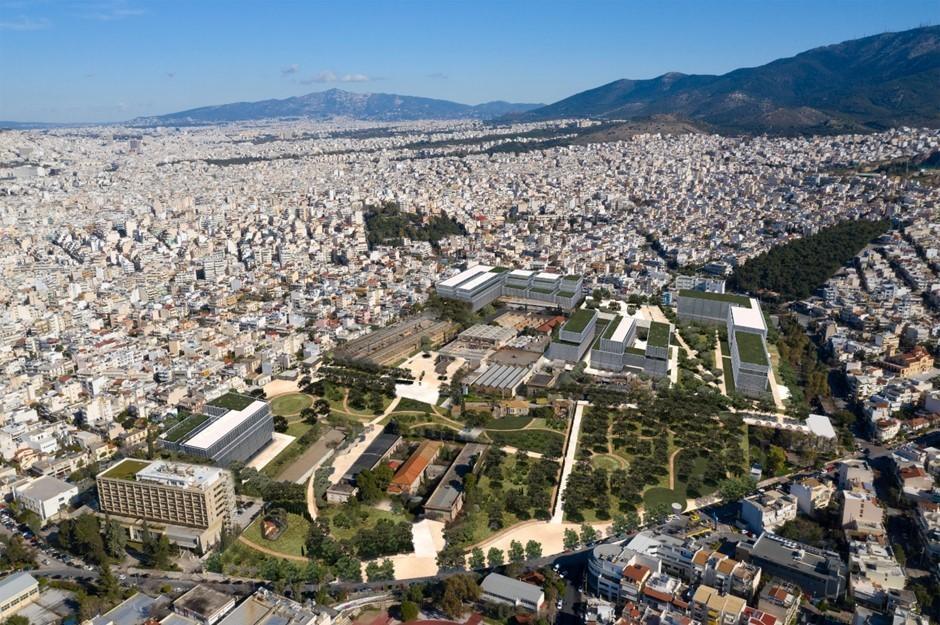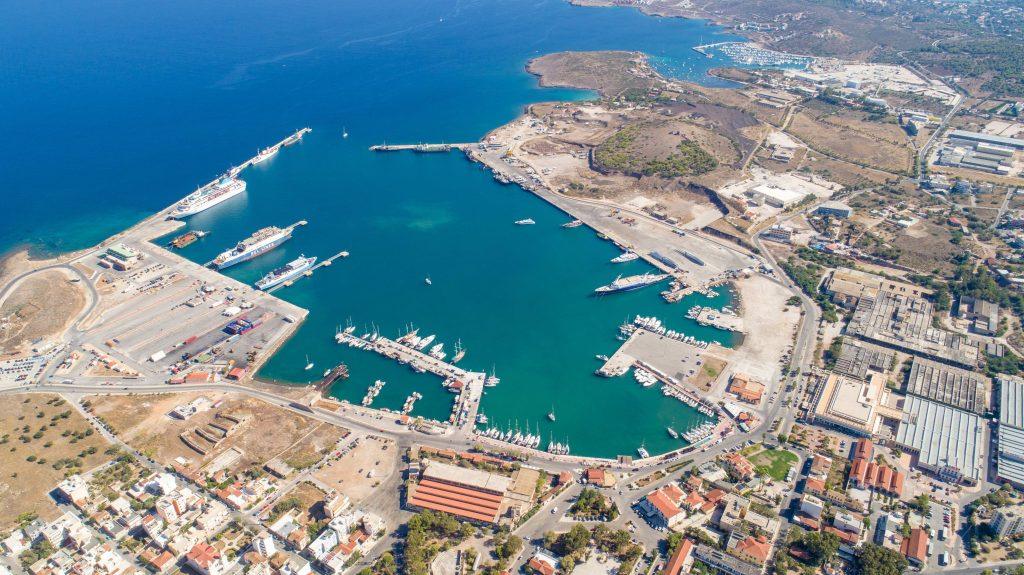The vice-rector of the university, Efstratios Stylianidis, spoke to OT.gr at the Thessaloniki International Fair about the technology developed by a research team of scientists of the Aristotle University of Thessaloniki in relation to the enrichment of water used in agricultural crops.
As Mr. Stylianidis explained, the invention has been patented nationally and has recently been patented internationally.
It is a device that electromagnetizes water, changing its physiochemical properties, which has a great effect on crops.
“We started from the laboratory, we had specific resources, and we noticed that the increase could reach up to 25% compared to normal water. It gives faster production and less water consumption will be required, so it contributes to reducing input costs,” stressed Mr. Stylianidis.
Furthermore, the vice-rector of Thessaloniki University referred to the cooperation of the sewage unit with the Thessaloniki Water and Sewage Authority with the aim of further analysis of wastewater at the level of individual areas.
As he said, “we are proud of that, because it is one of the achievements of our university, first in the country and possibly one of the first in Europe where we proceeded in the development of technology and the utilization of know-how. At the second level we will try to use this application trying to understand how a metropolitan center, such as Thessaloniki, works. Not all neighborhoods work the same way.
The goal is to be able to understand exactly where the problem starts. So far we have been using the sample which is the end of the treatment plant where the wastewater ends up. We will now be able to have individual information not only about Covid, but also about other things, such as eating habits, drug use, etc. We made proposals to the competent authorities, so that this is adopted in other areas, such as the Attica basin, Larissa, Patras, and Crete. “









